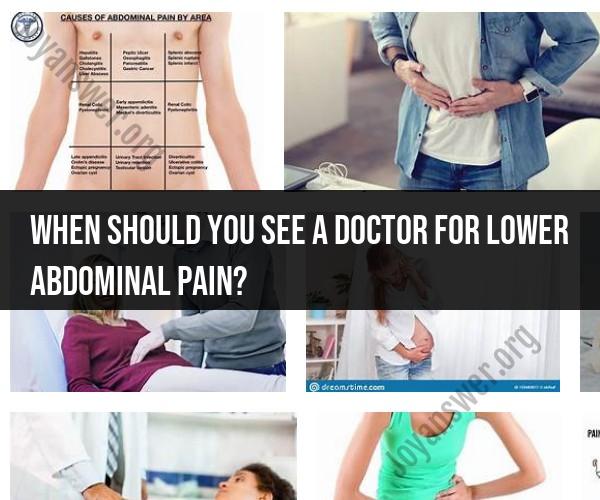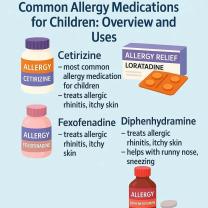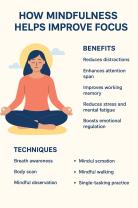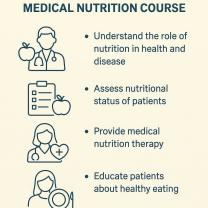When should you see a doctor for lower abdominal pain?
Lower abdominal pain can have various causes, ranging from mild and temporary issues to more serious medical conditions. While not every instance of lower abdominal pain requires immediate medical attention, there are certain situations where you should definitely seek a doctor's advice or go to the emergency room:
Severe Pain: If you are experiencing severe or excruciating lower abdominal pain that is constant and unrelenting, do not hesitate to seek immediate medical attention. This level of pain may be a sign of a serious medical condition, such as appendicitis, a ruptured organ, or a bowel obstruction.
Pain Accompanied by Fever: If your lower abdominal pain is accompanied by a fever, it could be indicative of an infection or inflammation in the abdominal area. Infections can be serious and may require antibiotics or other treatments.
Persistent Pain: If the lower abdominal pain persists for several hours or days and does not improve with rest, over-the-counter pain medications, or home remedies, you should consult a healthcare professional. Prolonged pain may be a sign of an underlying condition that needs evaluation.
Pain During Pregnancy: If you are pregnant and experiencing lower abdominal pain, it's important to consult your obstetrician or healthcare provider promptly. Abdominal pain during pregnancy can have various causes, some of which may be related to pregnancy complications.
Vomiting Blood or Blood in Stool: If you notice blood in your vomit or stool in addition to lower abdominal pain, it could indicate gastrointestinal bleeding, which requires immediate medical attention.
Signs of Dehydration: If you have lower abdominal pain accompanied by symptoms of dehydration, such as dry mouth, excessive thirst, dark urine, or dizziness, you may need medical evaluation and treatment.
Changes in Bowel Habits: If you experience persistent changes in bowel habits, such as diarrhea, constipation, or blood in your stool, along with lower abdominal pain, you should consult a doctor, as it could be related to gastrointestinal conditions.
Recent Abdominal Trauma: If you have experienced recent abdominal trauma, such as a fall or a blow to the abdomen, and you are now experiencing lower abdominal pain, it's important to seek medical evaluation to rule out internal injuries.
Pain Accompanied by Other Symptoms: If your lower abdominal pain is accompanied by other concerning symptoms, such as jaundice (yellowing of the skin or eyes), difficulty breathing, or confusion, seek medical attention immediately, as it may indicate a serious condition.
Personal or Family History of Digestive Disorders: If you have a personal or family history of gastrointestinal disorders, such as inflammatory bowel disease (IBD) or diverticulitis, and you experience lower abdominal pain, consult a healthcare provider promptly.
In general, if you are unsure about the cause or severity of your lower abdominal pain, it is always better to err on the side of caution and seek medical advice. Your healthcare provider can perform a thorough evaluation, order necessary tests, and provide a diagnosis and appropriate treatment plan based on the underlying cause of your pain. Remember that early intervention can often lead to better outcomes in medical conditions.













